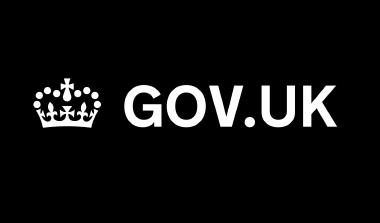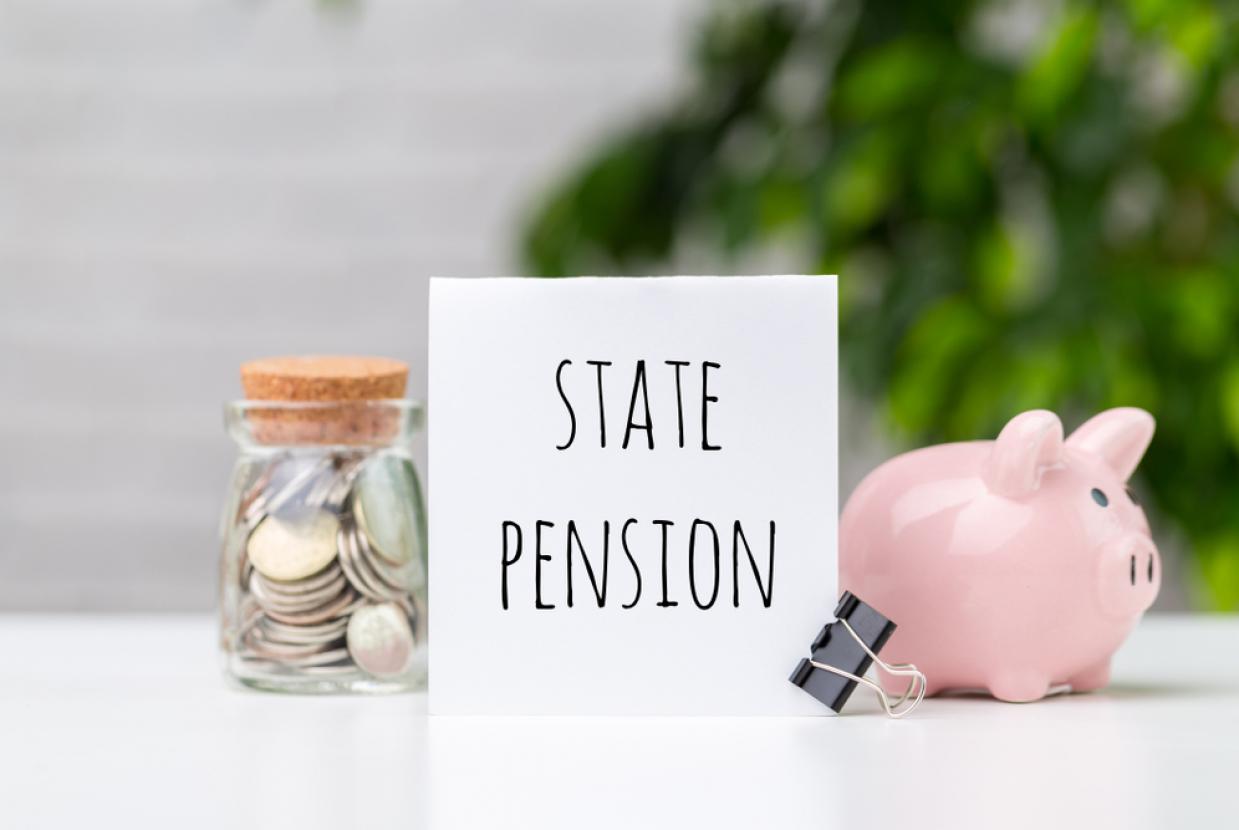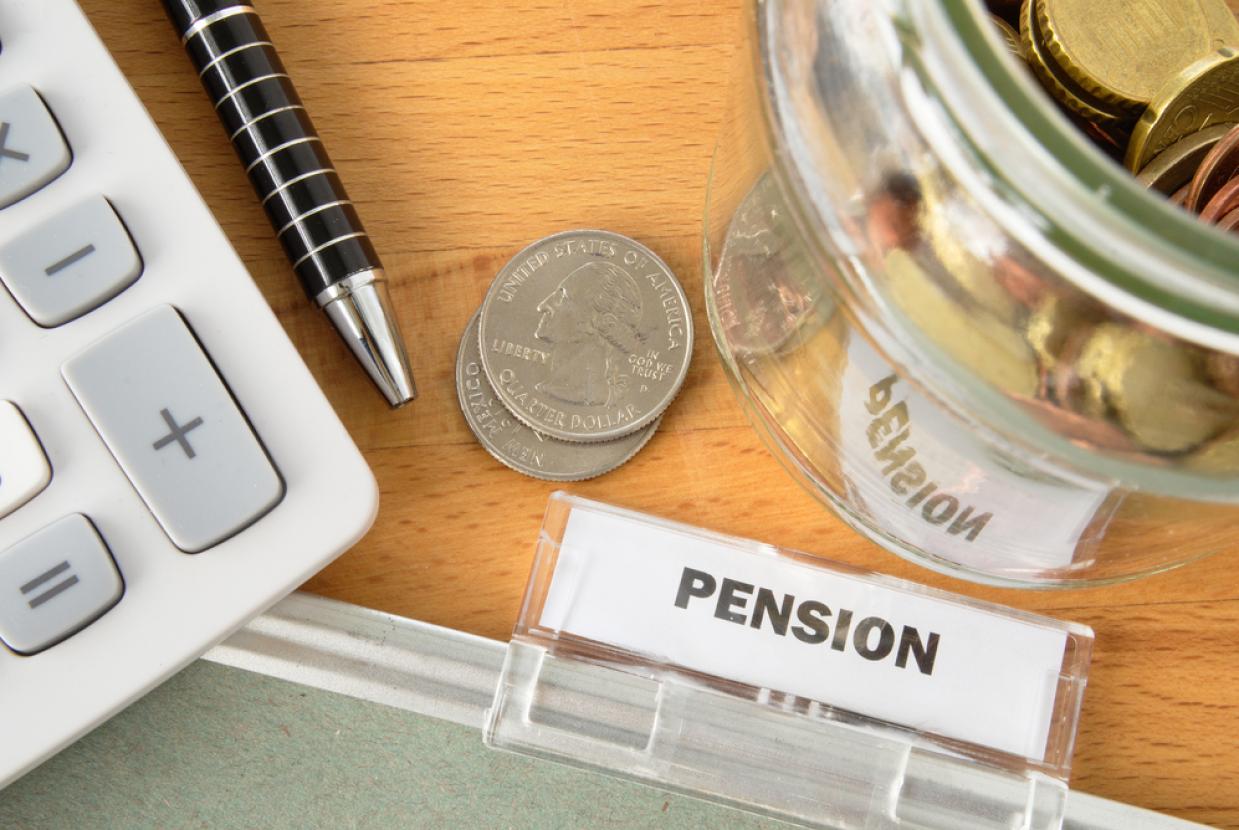Pensions: Plan For The Future You Want
Pensions and RetirementHaving a plan for your retirement will help you keep doing what you love. Your retirement can feel far away, but the sooner you start making or reviewing your retirement plans, the more control you will have in choosing the retirement you want – whatever that may look like. And you don’t have to make big changes all at once.
There are a lot of misconceptions around pensions and retirement, so, we have tackled some common ones to show why planning for your later life might be more important than you think.
1. I will have a State Pension, I don’t need to save
The full rate of the new State Pension is currently £203.85 a week which is around £10,600 a year. This depends on your National Insurance record. Check your State Pension Forecast online to find out what you could get, and when you can get it.
The State Pension provides the foundation for your retirement income. But saving into a workplace pension, a personal pension, or in other ways, means you’ll be better prepared to get the retirement you want.
2. I’ll be forced to retire when I get to my State Pension age
Retirement doesn’t have to be a finish line. You don’t have to stop working just because you have reached a specific age. For many people, working in a different way can be a good bridge into retirement. Staying in work means you can keep earning and keep saving too. Slowing down, working flexibly or even doing a different job could be the right thing for you.
If you are in your 40s, 50s or 60s, taking a midlife MOT can help you to get the retirement you want, with guidance around your money, work and health.
3. I might not live very long after retirement, why bother saving?
People tend to underestimate how long they are likely to live, and life expectancy has increased in recent decades, meaning that people are living longer.
According to the Office for National Statistics, most adults expect to retire between the ages of 65 to 69, which means if you are likely to live to around 85, you would need retirement provision for around 20 years.
Living longer means you may have to save more to get the retirement you want. A good start is to look at what pension plans you already have and how you can make them better.
4. My pension will just be what I pay in
There are actually two ways you get more than you’ve paid in with pensions. Firstly, with workplace pensions, when you pay in, your employer does too – which all goes into your pension pot.
Secondly, through compound interest, you can earn ‘interest-on-interest’ on your pensions savings. This can make a big difference to how much your savings are worth over the long term.
5. I can rely on my house to be my pension pot
Many people plan to rely on the equity built up in their property when they retire.
But of course, you may need to sell or downsize to actually release that money, and the value of your housing can go up or down, meaning you can’t always be sure of the future value. Make sure you understand the rules about paying tax on that income too.
6. My pension won’t be protected
Pensions are protected in various ways to make sure you do not lose out. You can also find more information on how safe your pension is at MoneyHelper.
Pensions, like other financial investments, can attract fraudulent activity such as scams. You can find out more about how to avoid financial scams at ScamSmart. If you become aware of fraudulent activity around pensions, or if you suspect a scam, you can report it to ActionFraud to help protect others.
7. I don’t need to review my pension plans
According to the Financial Conduct Authority’s survey on the impact of Coronavirus, around half of the population have reviewed their pension pot in the last 12 months. An annual review of your retirement plans is a great habit to get in to. It doesn’t have to take long and if your circumstances haven’t changed, it may be that you don’t need to change anything. But reviewing your plans regularly helps you make sure you’re on track. You should also make sure that all of your personal details are up to date.
You may receive an annual statement from your pension provider. This can be a useful place to start.
8. It’s hard to find impartial information about pensions
MoneyHelper is a government-backed source of impartial, specialist financial guidance. Whether you need help with building up pension savings or want to know more about options to access your money, MoneyHelper can help you find a way forward. Visit moneyhelper.org.uk/pensions or call 0800 011 3797 to talk to an independent pensions specialist.
Simple next steps
- Consider what you want to keep doing into retirement
- Use the MoneyHelper calculator to work out how much you will need in retirement and how much you are going to have
- Work through the MoneyHelper retirement planning worksheet to check the progress of your pension and retirement savings
- If you’re 40 plus, take the midlife MOT









































